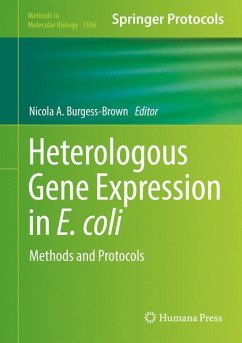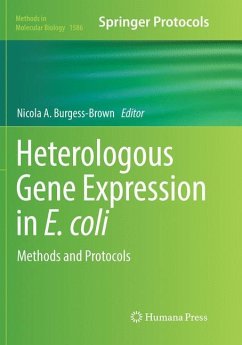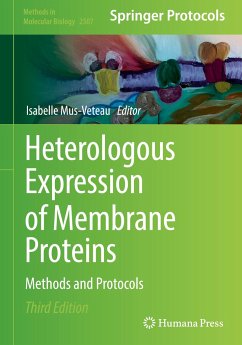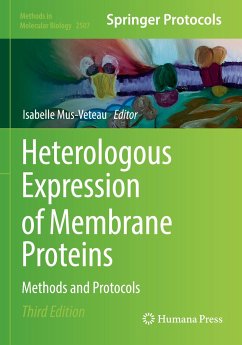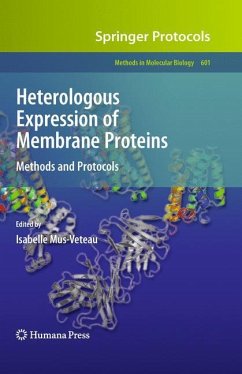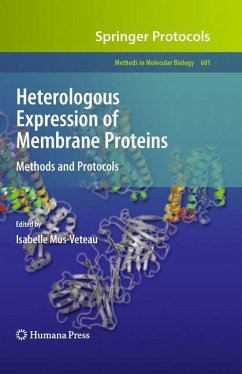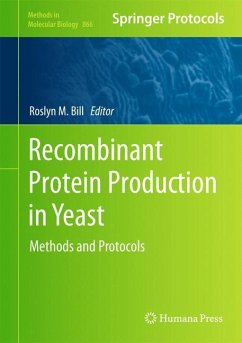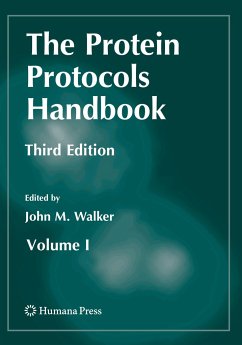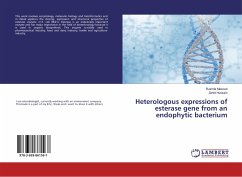
Heterologous Gene Expression in E.coli
Methods and Protocols
Herausgegeben: Evans, Thomas C.; Xu, Ming-Qun
Versandkostenfrei!
Versandfertig in 6-10 Tagen
113,99 €
inkl. MwSt.

PAYBACK Punkte
57 °P sammeln!
Protein expression in a heterologous host is a cornerstone of biomedical research and of the biotechnology industry. Despite the advanced state of protein expression technology improvements are still needed. For example, membrane proteins constitute a significant percentage of the total cellular proteins but as a class are very difficult to overexpress, especially in a heterologous host. The ideal host would have the ability to express any protein, with relevant post-translational modifications, and be as easy to work with as E. coli. In Heterologous Gene Expression in E. coli: Methods and Protocols, expert scientists intimately familiar with the relevant techniques offer chapters that greatly expand the utility of this expression host. The contributions in this detailed volume describe methods, for example, to successfully express proteins in E. coli that would otherwise form aggregates in this host, to add post-translational modifications, to incorporate non-standard amino acid residues or moieties into E. coli expressed proteins, to identify binding partners, and to express membrane proteins. Written in the highly successful Methods in Molecular Biology(TM) format, chapters include introductions to their respective subjects, lists of the necessary materials and reagents, step-by-step, readily reproducible laboratory protocols, and tips on troubleshooting and avoiding known pitfalls.
Practical and cutting-edge, Heterologous Gene Expression in E. coli: Methods and Protocols seeks to familiarize the researcher with the myriad of E. coli expression strains available and move E. coli closer to that ideal of the perfect host.
Practical and cutting-edge, Heterologous Gene Expression in E. coli: Methods and Protocols seeks to familiarize the researcher with the myriad of E. coli expression strains available and move E. coli closer to that ideal of the perfect host.



